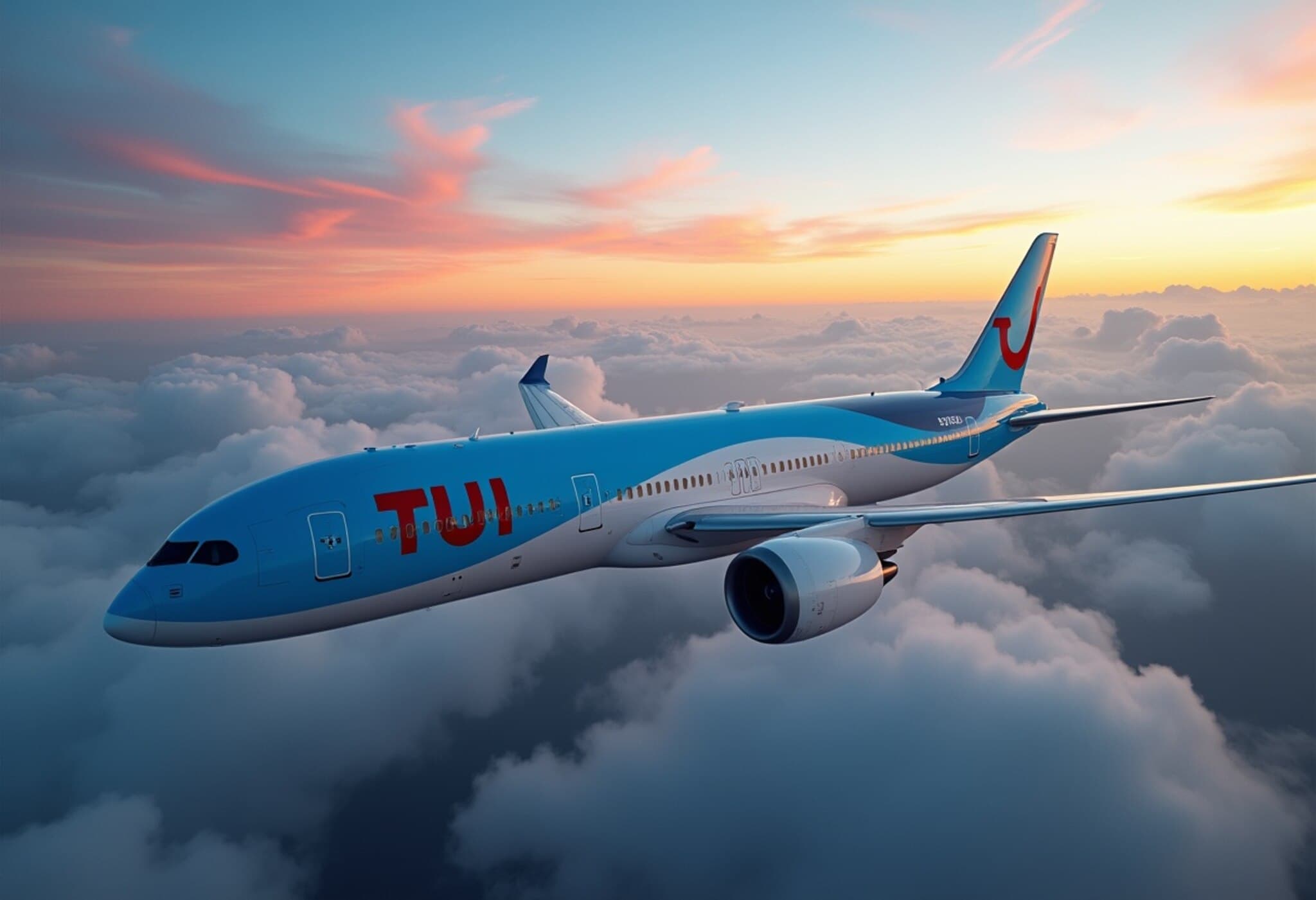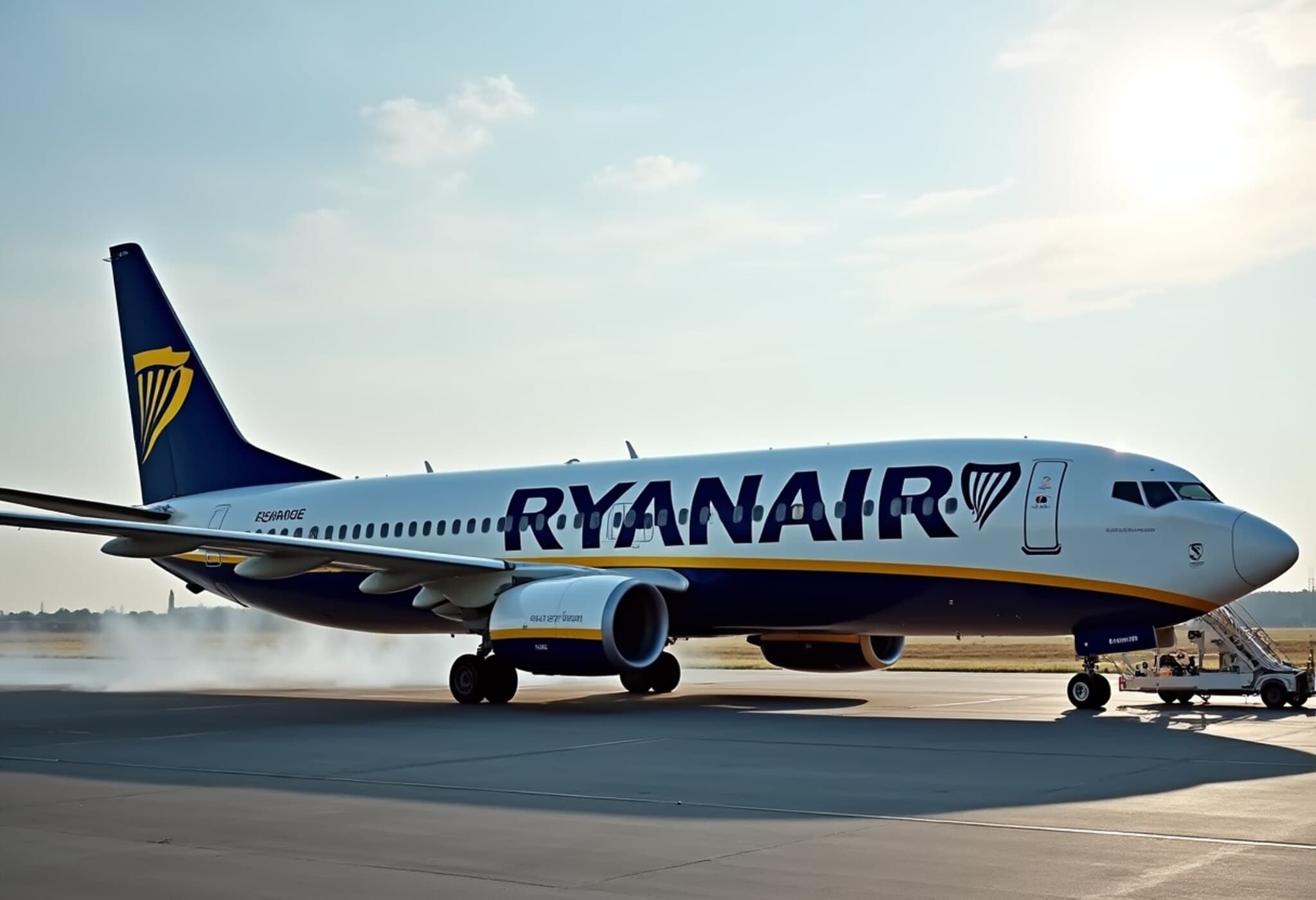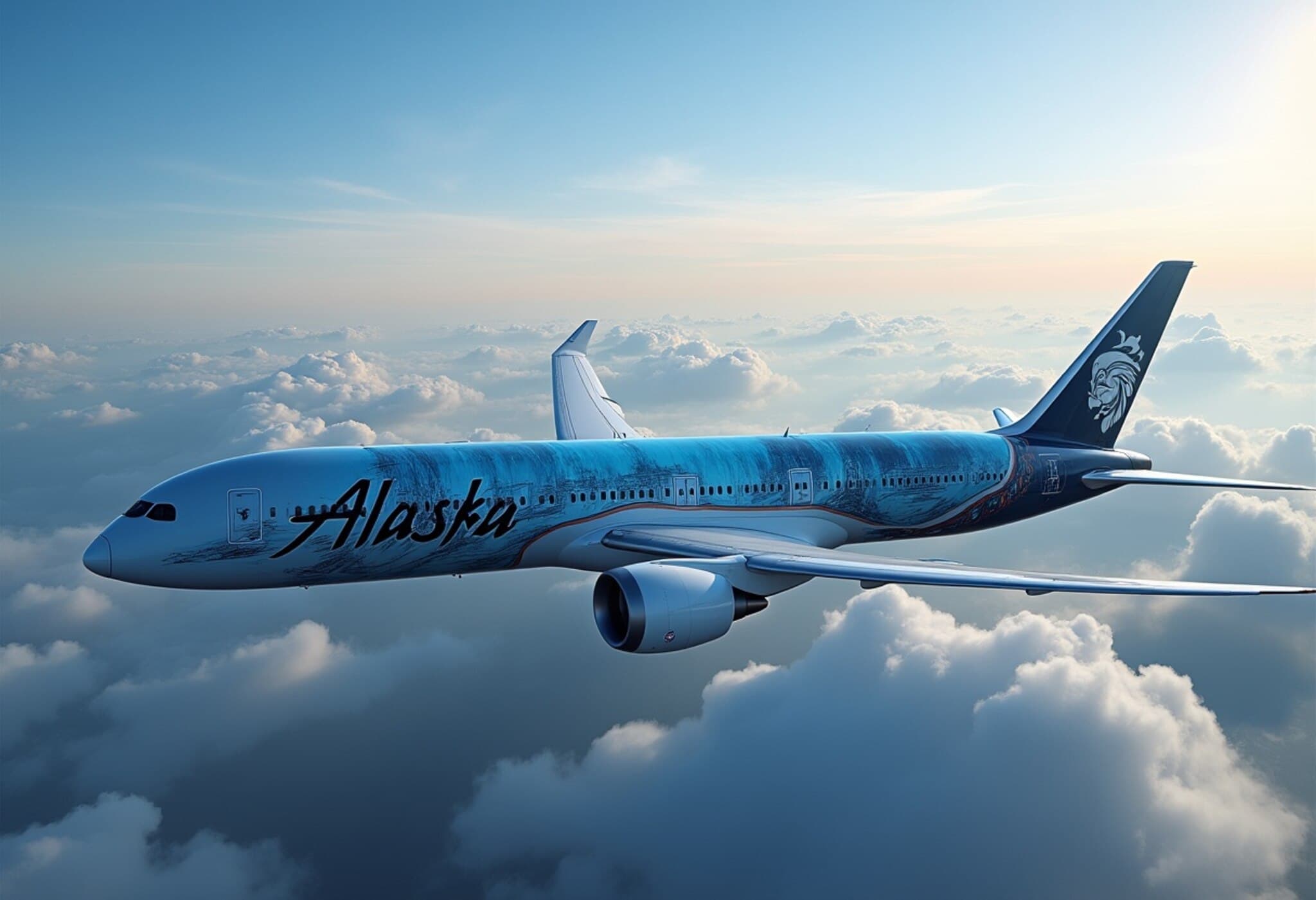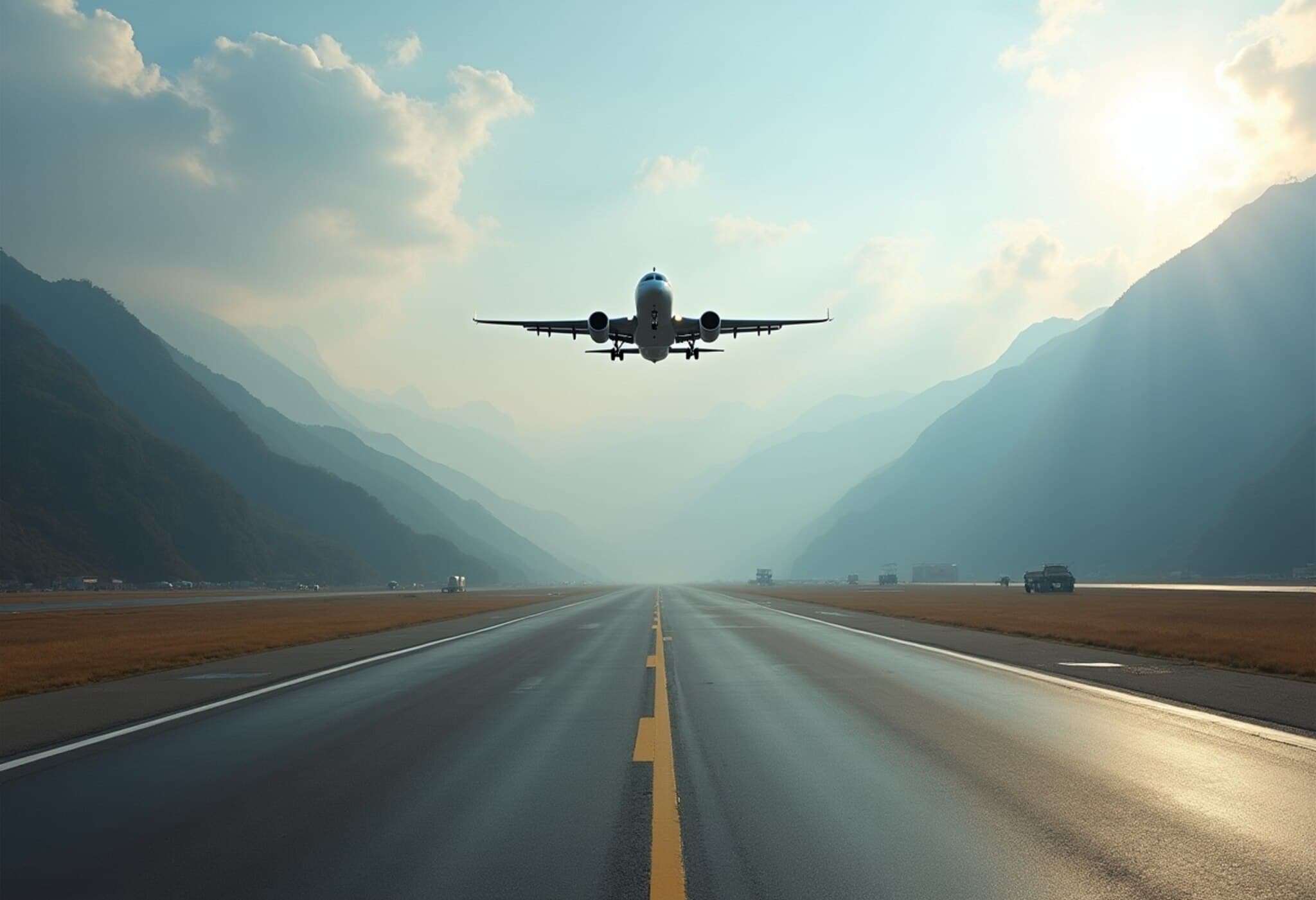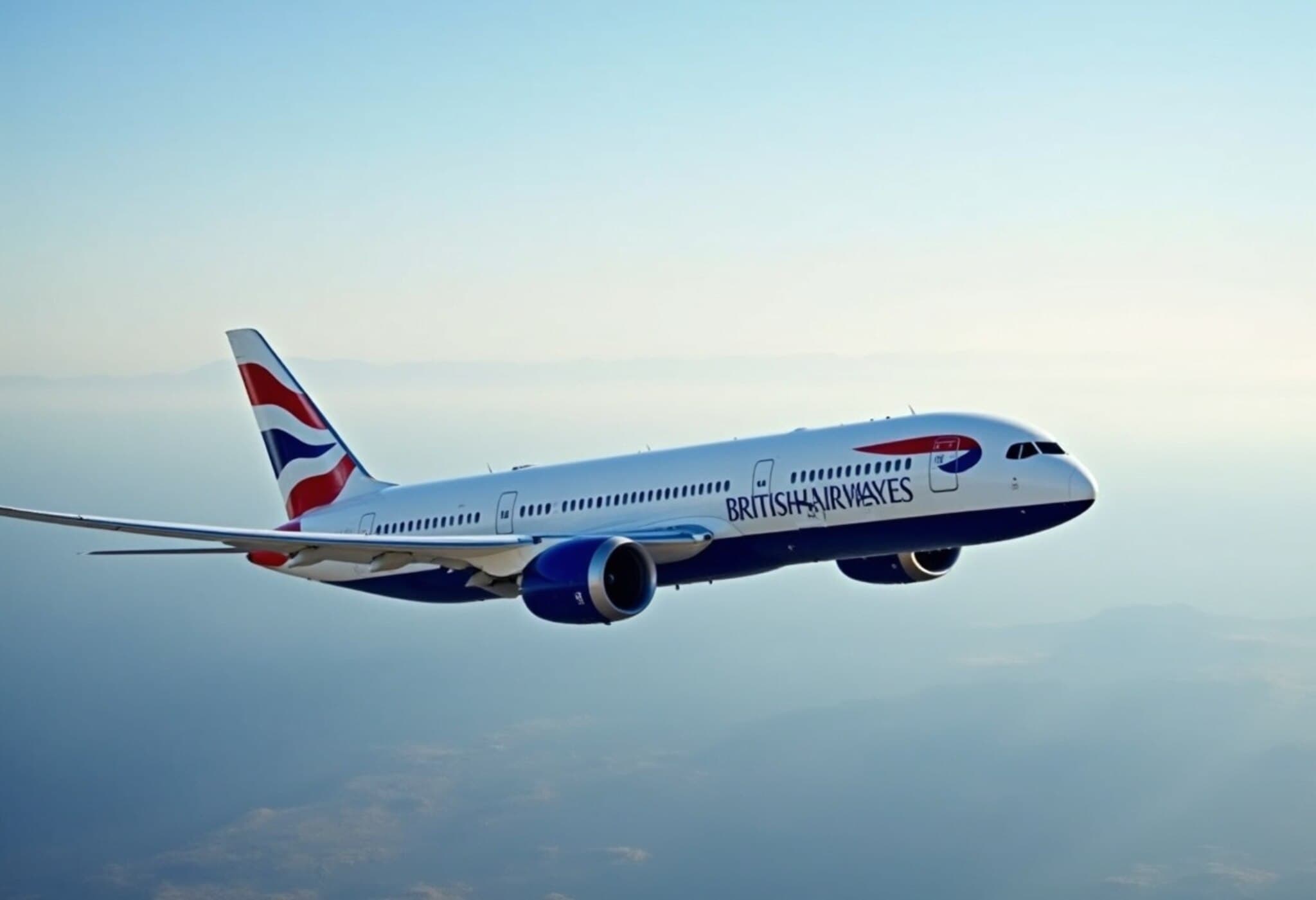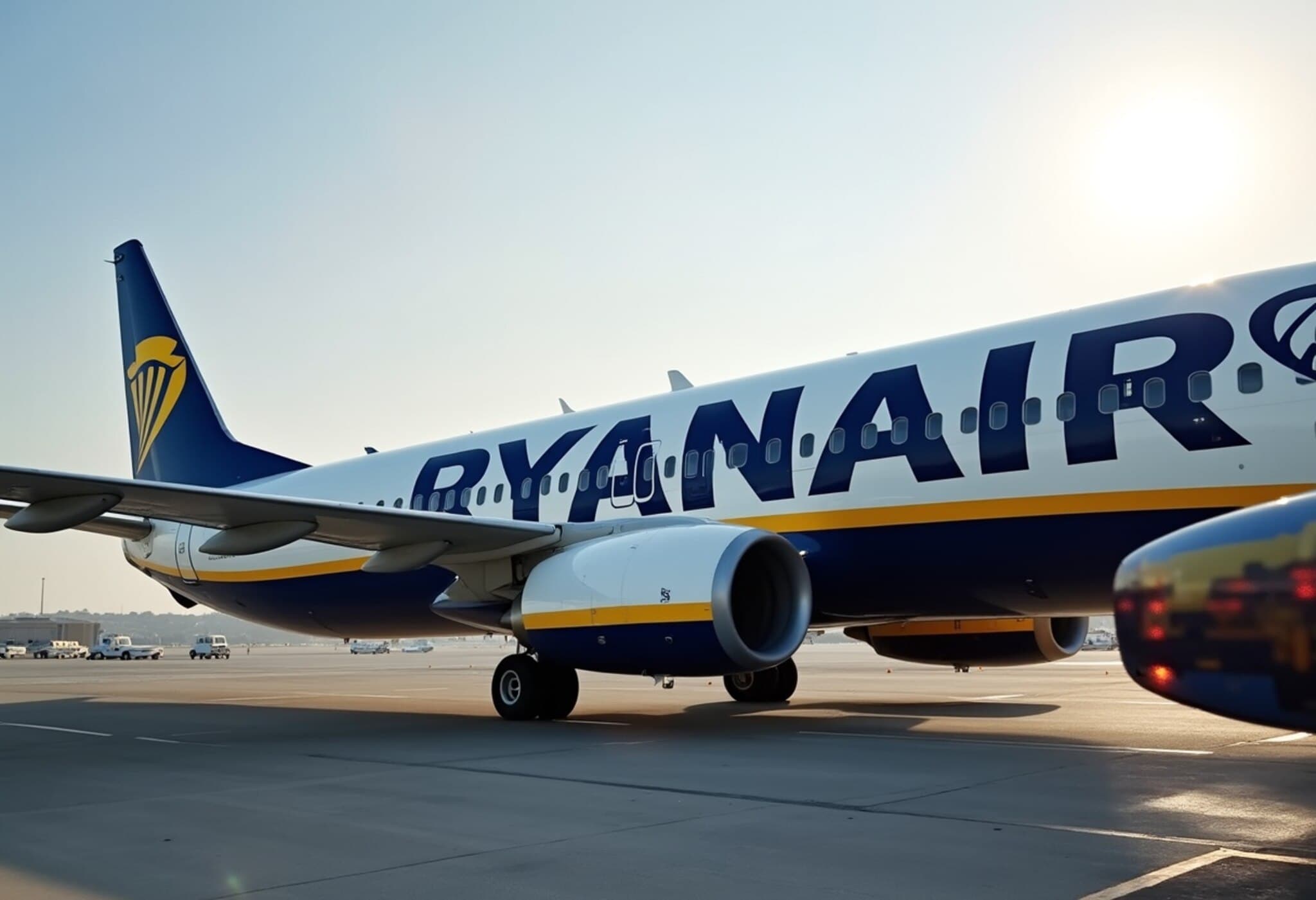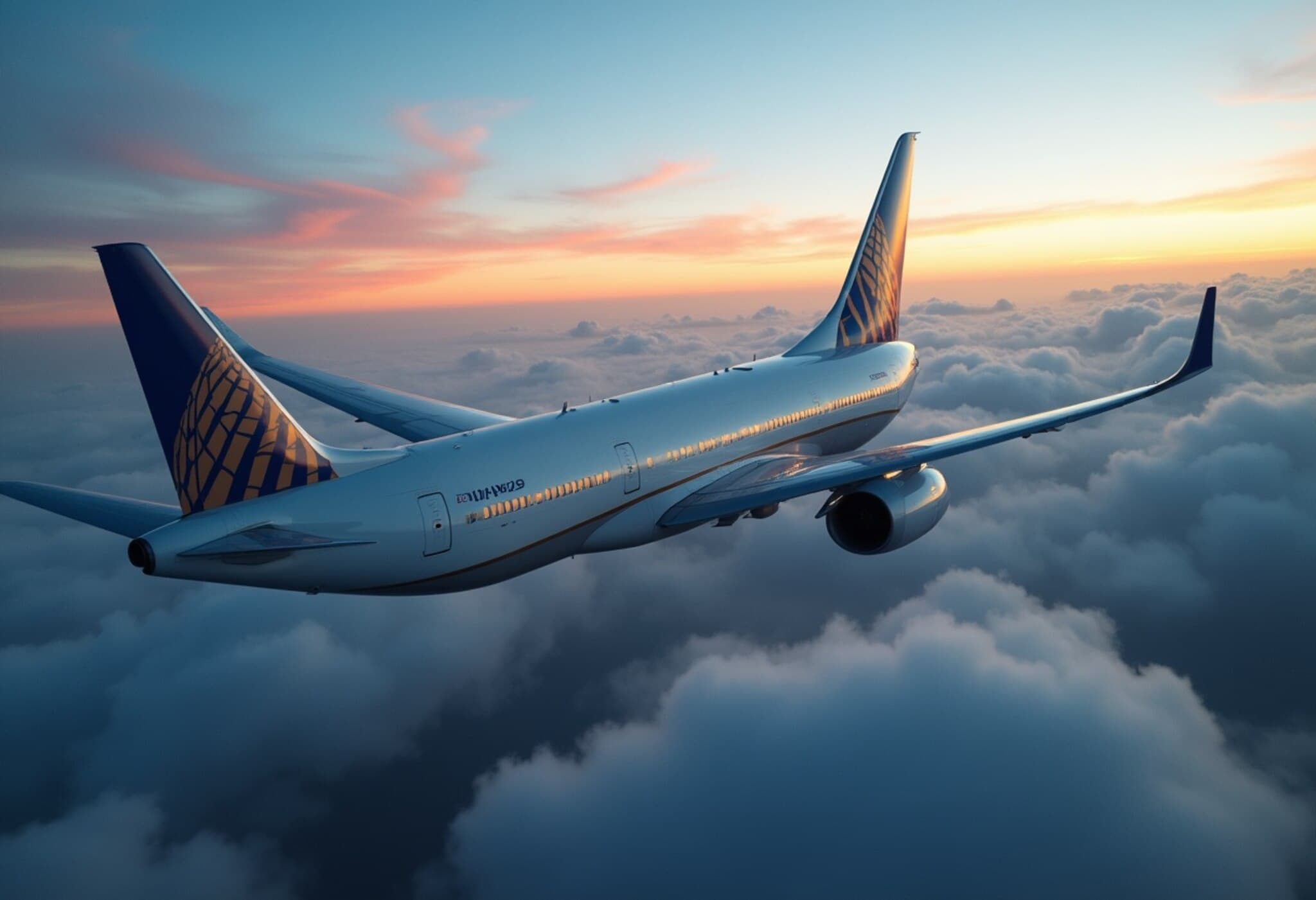Flight Diverted to Maine After Passenger Fight on Board
In a dramatic turn of events, a TUI flight en route from Cancun, Mexico to London Gatwick was forced to make an emergency landing in Bangor, Maine following an intense altercation between two passengers. The incident underscores the growing concerns about in-flight passenger behavior and the safety challenges faced by airline crews.
Rapid Response: Audio Reveals Pilot's Quick Decision
The urgency of the situation is evident from the audio exchanged between the flight’s pilot and air traffic control. Within moments of the disturbance, the pilot reported: "Cockpit is secure and there’s two passengers fighting and the crew has pretty much gotten them under control." Air traffic controllers immediately arranged for security to meet the plane upon arrival.
Details of the Incident and Aftermath
- The Boeing 787 Dreamliner carried 267 passengers when the incident occurred.
- It diverted to Bangor, Maine, landing around 9:30 pm local time on Tuesday.
- Due to crew duty time restrictions, all passengers and crew had to remain overnight in Bangor.
- A fresh crew took over, and the flight resumed the next afternoon, arriving safely in London later that day.
- U.S. Customs and Border Protection (CBP) officers removed both involved passengers upon landing.
- Although no criminal charges were pressed, both were processed for expedited removal and returned to their home countries on separate flights.
Context and Industry Implications
This incident is symptomatic of an alarming rise in disruptive behaviors on international flights, fueling discussions among aviation experts and policy makers. In recent years, airlines—especially in the U.S. and Europe—have reported a surge in midair disturbances, often linked to stress, alcohol consumption, or mask mandates removal debates.
Industry voices highlight the need for enhanced passenger screening, better crew training on de-escalation, and potential legal reforms to deter unruly conduct. Experts note that such disruptions not only compromise safety but also cause significant logistical and financial burdens, including emergency landings, crew overtime, and passenger inconvenience.
Regional Reflection: U.S. Aviation Safety and Legal Angle
From an American legal perspective, even though the disrupted flight was foreign-to-foreign, the U.S. CBP's swift action aligns with federal mandates prioritizing aviation security. Under U.S. law, inflight acts that jeopardize aircraft safety can trigger intervention and expedited removal, highlighting the country’s firm stance on maintaining secure skies.
Furthermore, this incident reflects challenges faced by airports like Bangor International—primarily a regional hub—when accommodating large international diversions unexpectedly, underlining the importance of preparedness at smaller airports.
Looking Ahead: Addressing the Human Factor in Aviation
While technology and protocols improve aircraft safety systems, the human element remains unpredictable. Airlines worldwide are increasingly investing in psychological support training for cabin crews and reconsidering in-flight policies to mitigate triggers of passenger conflicts.
Experts suggest fostering passenger awareness campaigns about etiquette and consequences can be powerful preventive tools. The Bangor diversion serves as a stark reminder that maintaining order at 35,000 feet demands both vigilance and compassion.
Editor's Note
The forced diversion of the TUI flight after a passenger fight exposes broader issues about air travel in a world still adapting to pandemic-era pressures and changing traveler behaviors. It prompts a closer examination of how airlines and regulators can collaboratively enhance onboard safety and dignified conflict resolution. How do we balance strict enforcement with empathy to ensure safe, respectful skies for all? This incident invites ongoing dialogue among stakeholders and frequent flyers alike.

